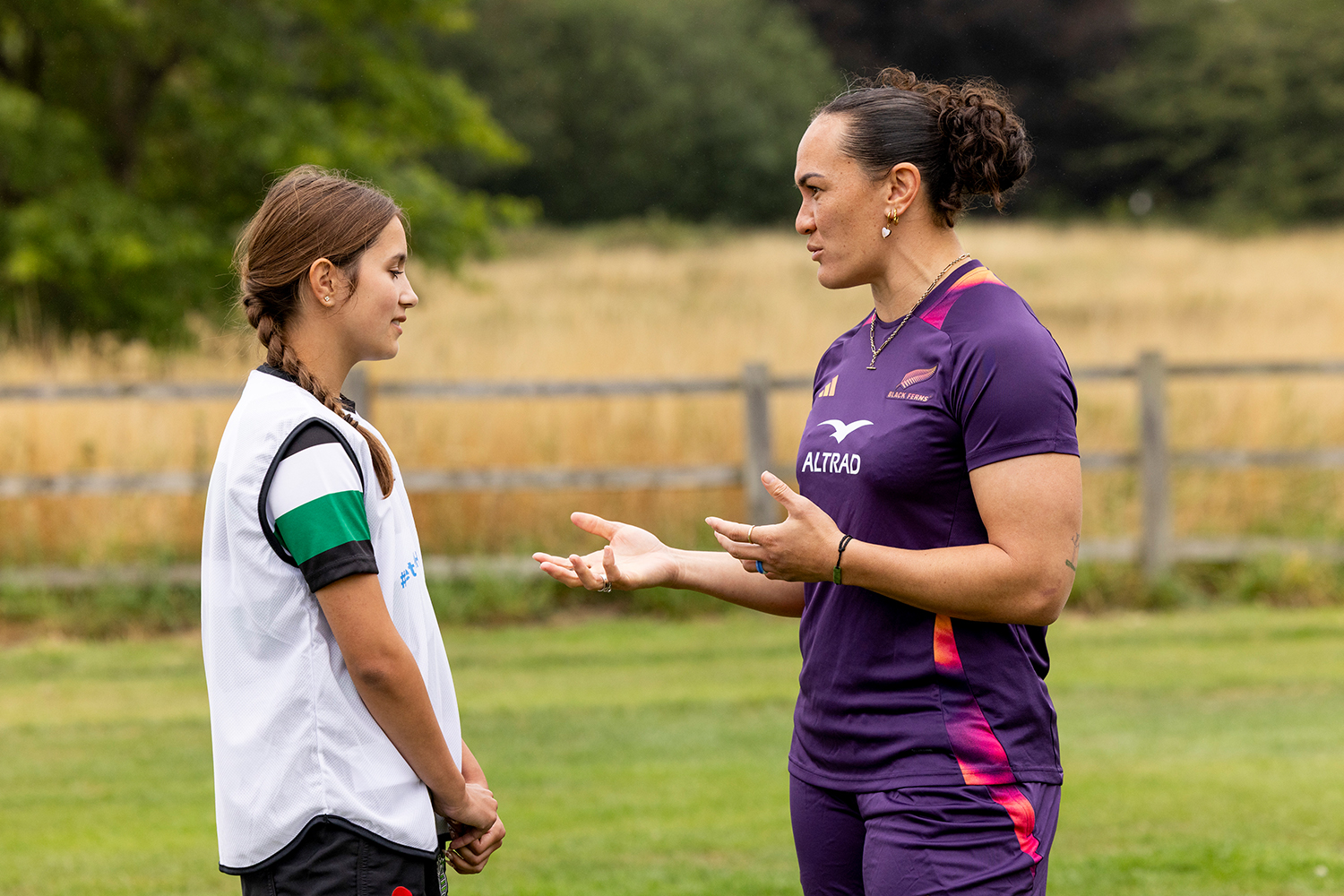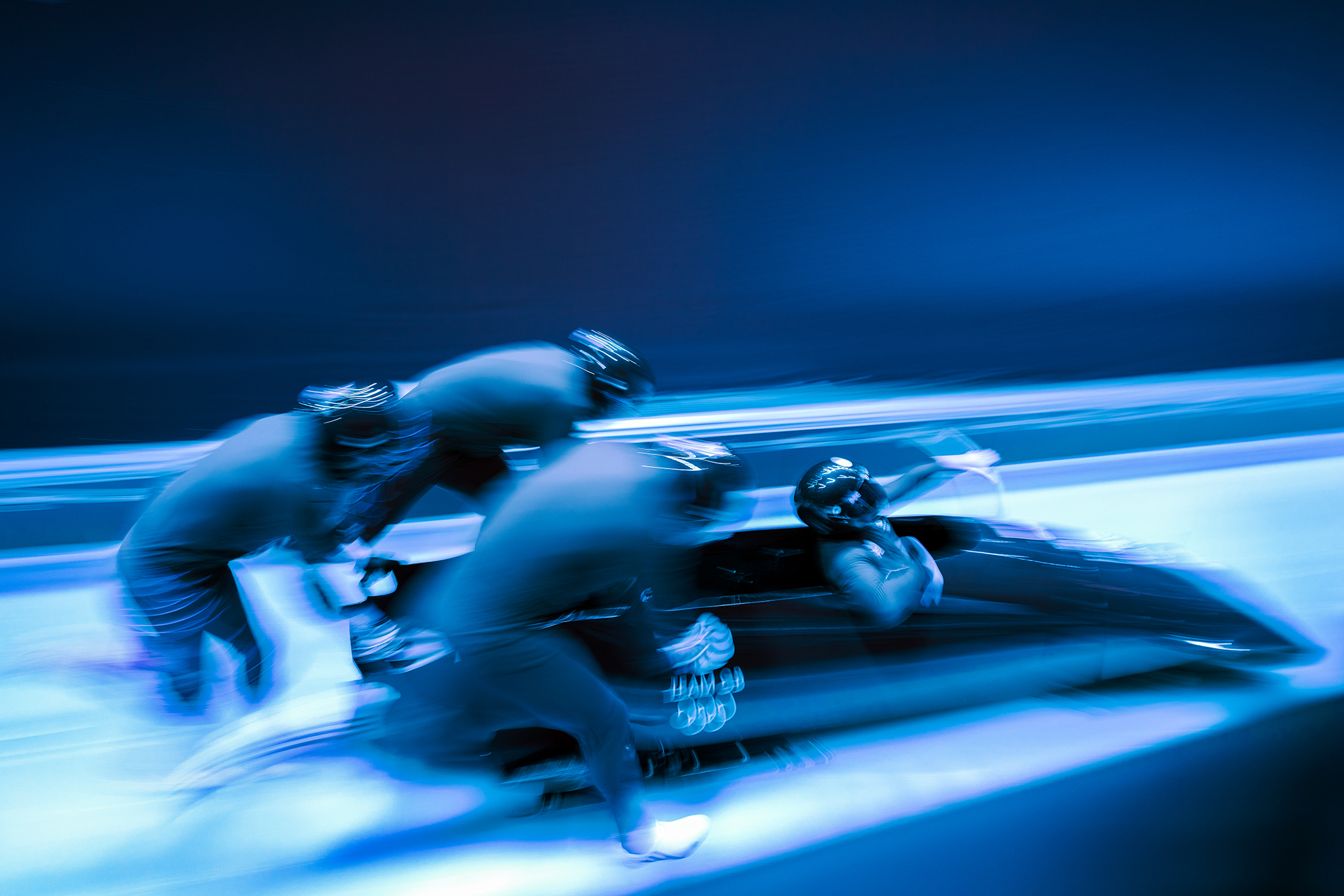There was a time where this ground-breaking Rugby World Cup, the biggest tournament in the history of the women’s game, looked as though it was going to take place without the best player in the world.
A gold medal in Paris last year with the New Zealand sevens side felt like the perfect way for Portia Woodman-Wickliffe to bow out of international rugby, the final chapter in a career bursting with accolades. The first woman to score 250 tries in sevens. The most tries ever for the Black Ferns. One of those achievements would be impressive, let alone both. After a second Olympic triumph last summer her time on the international stage, as far as Woodman-Wickliffe was concerned, was over.
“At the start of Super Rugby Aupiki in March I was adamant, there was no way I was playing at the World Cup,” Woodman-Wickliffe tells The Observer. Having already won two World Cups and everything in sevens, Woodman-Wickliffe was considering opportunities to play in Europe, or to swap codes to rugby league. “Something else,” as she puts it.
Then Super Rugby began and the enjoyment Woodman-Wickliffe had playing in the Blues, alongside a number of her fellow Black Ferns as they claimed a second title in a row, seemed to get under her skin. “Playing along Katelyn [Vaha’akolo] and Ruahei [Demant], I loved it so much. I still have so much to learn from the girls that I just could not give up an opportunity given it was so close. I thought, we’re here, we might as well try. If we try and don’t get there, that’s cool. But I’m kind of [a person] who just takes every opportunity as I can.”
Woodman would never admit this herself but if there was half a chance of her being available even at the age of 34, there was no way New Zealand would have left her at home. Humility, as much as Woodman-Wickliffe’s speed and power, turns out to be one of her greatest traits. No wonder the girls from York RUFC were in awe of her during a surprise event with the Black Ferns this week as part of Bupa’s Let’s Talk Girls’ Health campaign.
Picking a favourite Woodman-Wickliffe moment from her extensive catalogue is not easy. Do you go with the wing’s try at the 2017 Rugby World Cup against the USA where she burst into space and left four defenders bewildered, a score which was later named women’s try of the decade? Or the brutal hand-off on Ireland’s Natasja Behan in a sevens semi-final in Hamilton? Jasmine Joyce-Butchers, the excellent Wales wing, had no answer when Woodman sent her cartwheeling before beating a couple more defenders to score at the last World Cup.
Those highlights show a complete player, but Woodman-Wickliffe thinks otherwise. Repeatedly she emphasises how much more she still has to learn about the game. A recent poll by RugbyPass billed Woodman-Wickliffe as the best women’s player in the game. There were few protests.
“It is all people’s opinions and they are allowed their opinions. I have so much to learn in the game so in my eyes how can you be a Goat if you’ve got a lot to learn? Or if you’re still learning as much as I am,” she says.
“I know there’s a continual spectrum of learning throughout sport, but I am still learning so much. Some people not [making] the list I was disappointed about, but being ranked No1 in someone’s eyes is pretty cool.”
Back rower Jorja Miller, the reigning women’s sevens player of the year and still just 21, grew up watching Woodman-Wickliffe on television. “In primary school, it was all Portia Woodman,’ says Miller. “Seeing her professionalism when I came straight out of school and being surrounded by that every day in the sevens environment was really inspiring. I’m honoured to be alongside her and to be surrounded by her every day.”
Newsletters
Choose the newsletters you want to receive
View more
For information about how The Observer protects your data, read our Privacy Policy
Vaha’akolo, poised alongside Miller to be the Black Ferns’ next superstar having only crossed codes from rugby league in 2023, is similarly effusive of her team-mate.
“Hearing her say that people calling her the Goat is ‘just people’s opinion’, to me it is actually a fact,” says Vaha’akolo. “She has this amazing skill-set but she is constantly talking about how she has so much more to learn and so much more to give to those around her.”
The girl who watched Jonah Lomu steamroller England at the 1995 Rugby World Cup on television and declared that she wanted to be just like him to her father, a former All Black himself, grew up to become the Lomu of the women’s game.
Walking away with a third Rugby World Cup title, in front of 82,000 at Allianz Stadium? It would ruin England’s script but make for a perfect footnote to Woodman-Wickliffe’s astonishing career.



